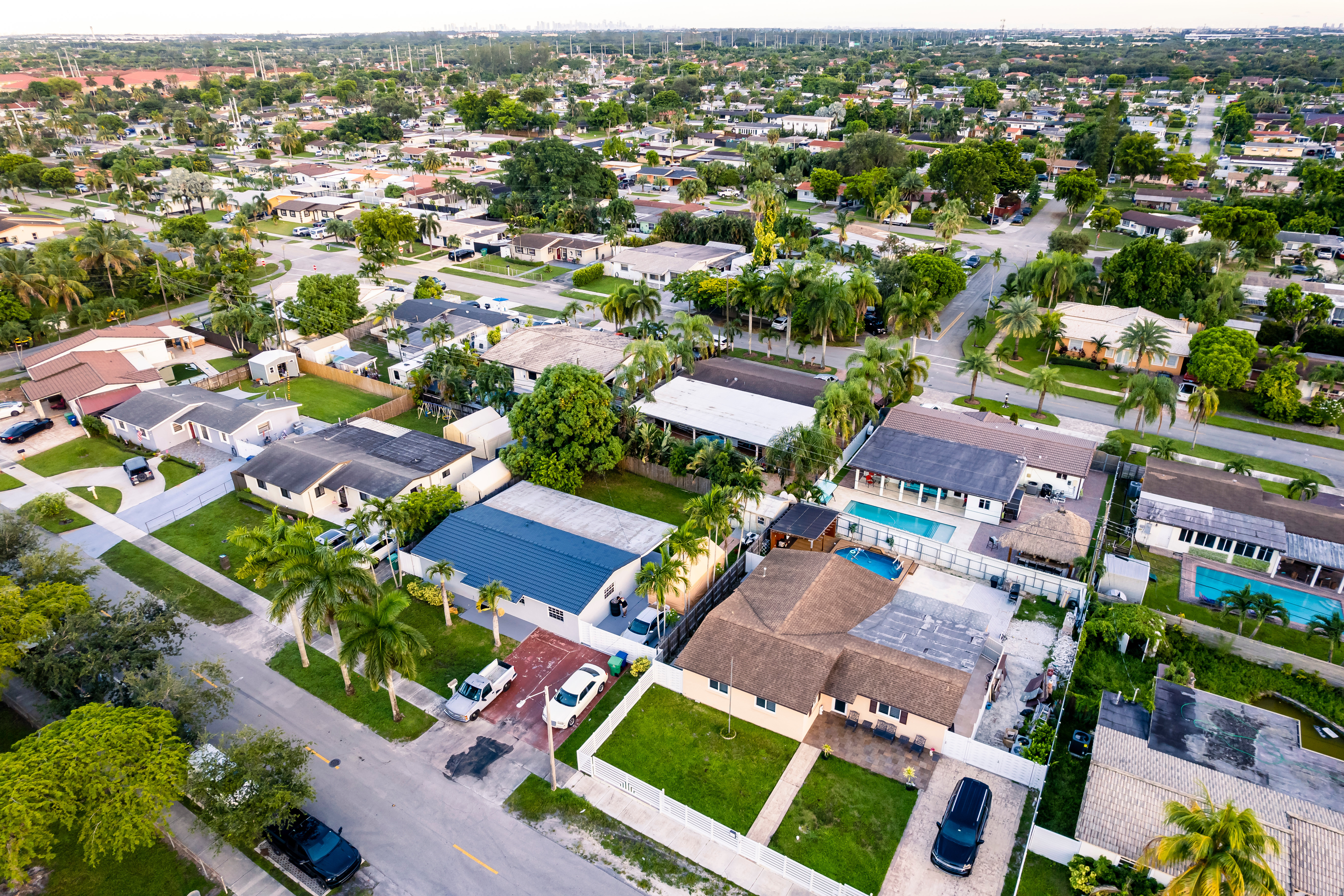How Florida Zoning Laws Might Impact Where You Can Place Your Manufactured Home
October 28, 2024

The housing market in Florida is expanding all the time, especially when it comes to manufactured homes, which are gaining popularity for their affordability and flexibility. However, owning a manufactured home comes with specific regulations, especially when it comes to zoning laws. These laws decide where you can place your home while ensuring that it meets local and state codes.
In Florida, zoning laws are enforced by local government, aiming to create organized and safe communities. As a future manufactured homeowner, it’s important to understand how these laws might impact where you place your home.fx
Understanding Zoning Laws & Their Purpose
Zoning laws are regulations set by local governments to control the development and use of land. These laws categorize land into different zones— residential, commercial, industrial, and agricultural. This zoning ensures that the land is used in a way that keeps the community safe and well-organized.
When it comes to manufactured homes, zoning laws regulate where these homes can be placed. In Florida, zoning laws help manage the integration of manufactured buildings into existing neighborhoods, while also making sure they meet safety and aesthetic standards. For instance, placing your manufactured home in a single-family residential zone will require you to comply with local regulations that might not apply to mobile homes in other zoning areas.
Factors of Zoning for Manufactured Homes
1. Residential Zoning Categories
In Florida, residential zones are divided into categories like single-family, multifamily, and mixed-use. Manufactured homes are usually allowed in single-family zones, but only if they meet specific requirements.
For example, some local governments may require a manufactured home to be placed on a permanent foundation to blend in with other factory-built homes in the area. Other towns might restrict manufactured homes to certain neighborhoods specifically designed for these types of buildings, like mobile home parks or planned developments.
2. Building Codes and Installation Standards
In Florida, manufactured homes have to meet both federal standards set by the U.S. Department of Housing and Urban Development (HUD), and state-level regulations. The Florida Building Code includes provisions that apply to both mobile homes and manufactured homes, making sure they are built to meet safety requirements.
The building code covers everything from the structure of the home to its electrical, plumbing, and heating systems. It’s important to understand that the same regulations for site-built homes also apply to manufactured buildings in most cases, assuring safety and durability of all homes in the neighborhood.
Local home installations also need to comply with zoning ordinances. This might limit the size, design, and location of your manufactured home within particular zones. If your manufactured home doesn’t meet the local building code, you might be required to make modifications or face penalties.
Florida Statutes on Manufactured Homes
The Florida Statutes play a major role in regulating manufactured homes and their placement across the state. Under these statutes, manufactured homes are subject to state laws similar to those for traditional homes. These regulations involve the structural integrity, foundation, and installation of manufactured buildings.
Florida law also differentiates between mobile homes and manufactured homes, with mobile homes often being subject to different rules based on their construction dates. Understanding these legal distinctions is important when figuring out where you can place your home.
Local Government Control
While state laws give us a general framework for manufactured homes, most of the control rests with local governments. Florida municipalities can enforce additional zoning regulations, such as restrictions on the size and type of manufactured homes that can be placed in specific areas.
For example, some areas might require manufactured homes to have a certain aesthetic that matches the houses around it. This may require you to build a garage, porch, or etc to make your home look more traditional.
Local governments can also impose safety regulations like requiring hurricane straps, which are crucial in a state like Florida, known for its tropical storms and hurricanes.
Rural vs. Urban Areas
Zoning laws can really vary between urban and rural areas in Florida. In rural zones, where there might be less density and fewer aesthetic concerns, you’ll probably find more lenient rules for manufactured homes. In these areas, the building code can allow for more flexibility in terms of installation, design, and land use.
However, in urban or suburban zones, local governments may enforce stricter zoning ordinances to keep up the appearance and character of the neighborhood. You might face limitations on the type of home you can place in these areas, with more emphasis on following local design standards.
Zoning laws in Florida have a big impact on where you can place your manufactured home. Understanding the specific requirements is important, especially when you’re dealing with the complexities of local ordinances, building codes, and Florida statutes.
While state laws provide general guidelines, local governments have the power to enforce stricter rules on home installations, often based on community standards or environmental concerns. Whether you’re considering placing your home in a rural area with more relaxed zoning or a more urbanized zone with stringent requirements, it's essential to thoroughly research local regulations to ensure your home complies with all relevant laws.
By staying informed, you can make the best decision regarding where to place your manufactured home and avoid any extra costs or delays on your installation.
